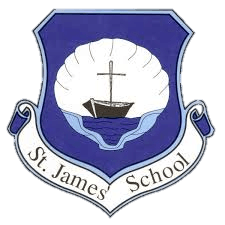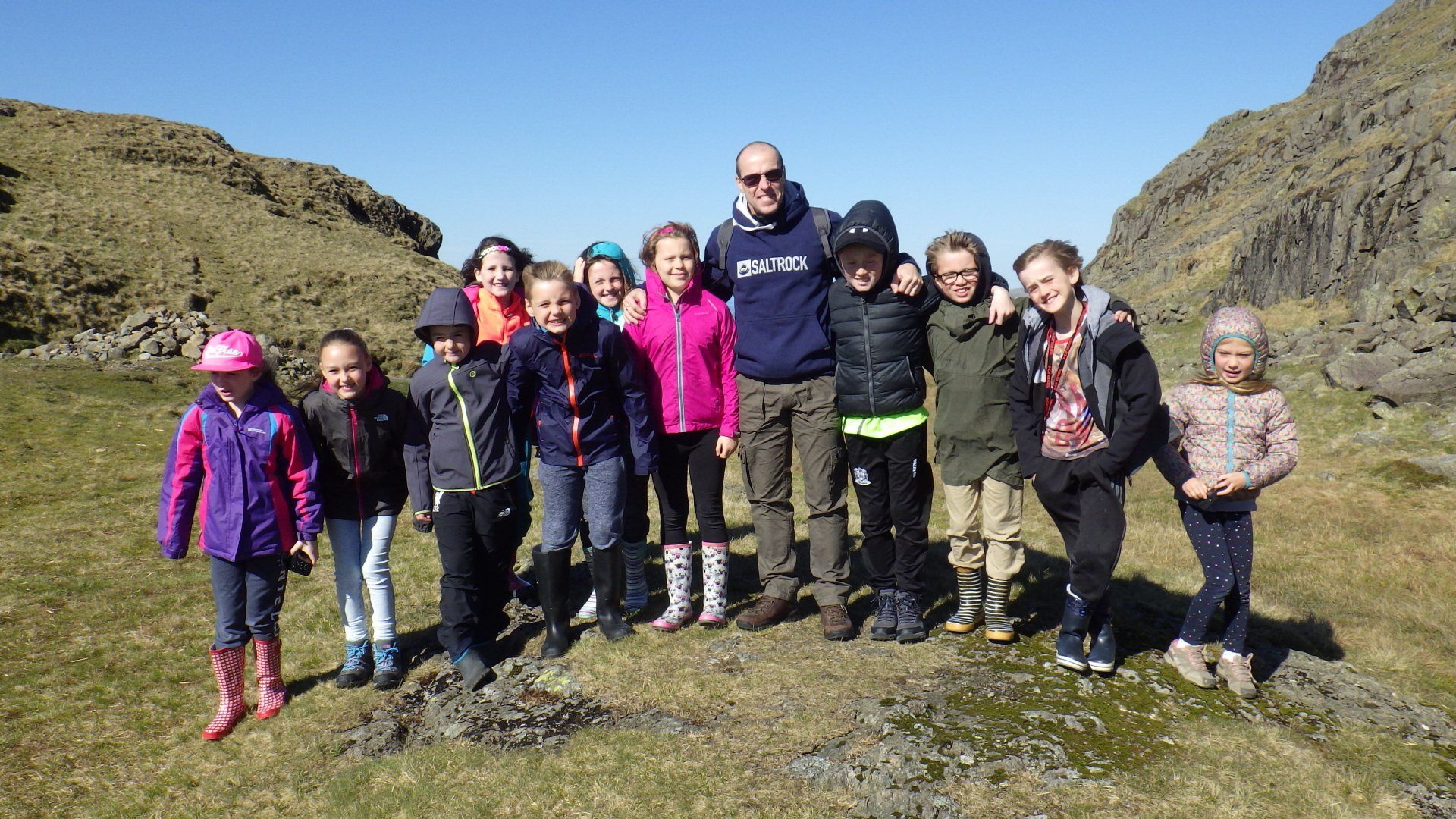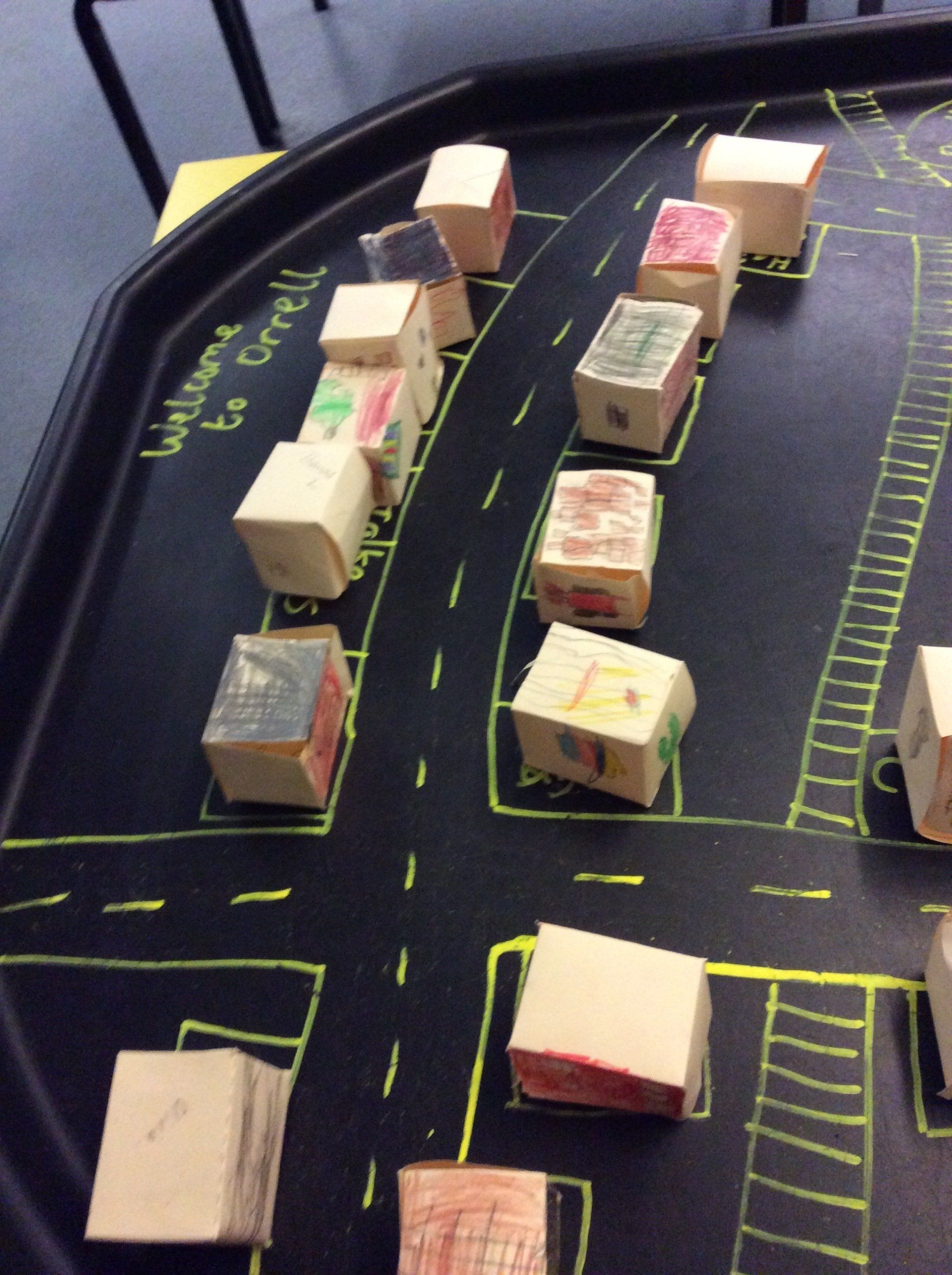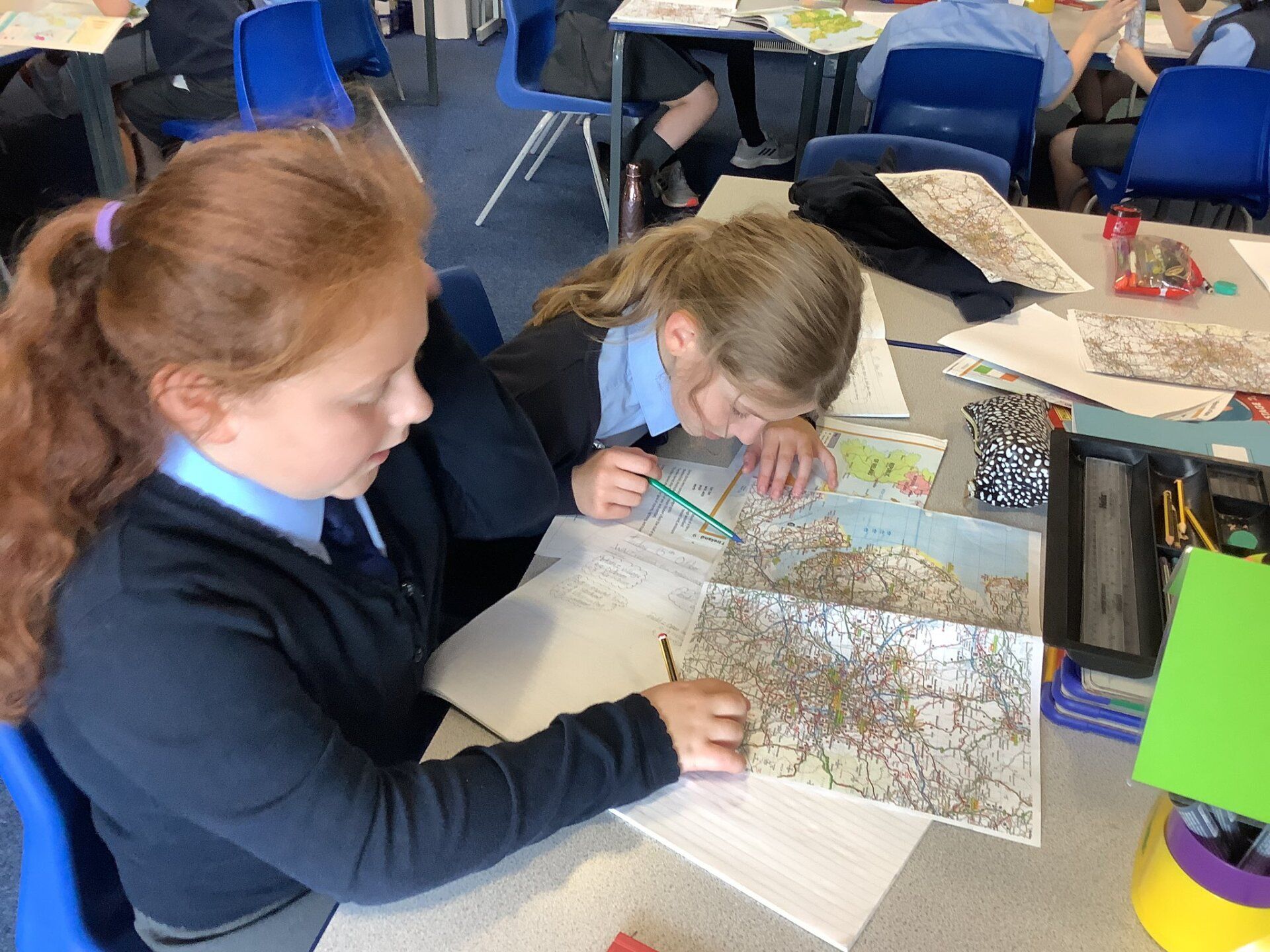Geography
Geography Statement of Intent
The teachers of St. James’ Catholic Primary School say…..
Geography develops our curiosity such as learning about continents and oceans, hot and cold countries, the Americas, volcanoes and earthquakes as well as studying our own local area and country. It develops our knowledge of the world around us. It helps us learn about communities at grass roots level. It shows how things have changed by looking at the human and physical features. Children learn about different places and cultures due to the popularity of travel, it encourages children to develop a love of travel, to explore on holiday or outside school. It links with weather, climate, and adaptation of animals. (Y1 – Weather and seasons, Y2 – Hot and Cold countries and Y3 – Climate.
Geography introduces technical vocabulary as well as developing practical skills such as orienteering, map and atlas skills. Children learn skills of measuring, reading keys, scale, and symbols. Children engage in ICT such as google maps which bring learning alive. Geography also involves many transferable skills, such as research, observation, measurement, recording and presentation. Very simply, geography is about understanding the world by: comparing locations; investigating; researching different sources; writing and talking about places; asking and answering questions.
We ensure that children can make and observe contrasts between our local area both at KS1 and KS2 and localities through fieldwork trips such as Coniston and Formby.
Children are encouraged in their geography lessons in the classroom and in field work to develop their independence through the learning activities by finding out more about each topic such as our local area, the UK or the different countries we learn about and by working together and communicating ideas and findings from the different learning themes such as in the mountain topics or hot and cold places with each other and making agreed decisions to complete challenges, eg choosing an area in the world to monitor climate change at a particular time like Christmas and coming back together again to discuss. They give the children an opportunity to organise themselves by choosing the correct equipment and tools that means the task can be achieved efficiently (examples could include activities within the weather and climate topic or different tasks within the local area topic in Y6). We are also aware that some children may find some tasks difficult but need to be encouraged to have a go, to think creatively and to persevere, to take small steps and to learn from mistakes to prepare them to develop their resilience in academic and social situations throughout their lives.
Geography develops an understanding of world issues and community concerns. These activities give children the opportunity to reflect more deeply on their learning (all our topics could have an impact on this including why the Amazon rainforest matters, the impact of how human activity affects rivers and how flooding affects communities and the impact of energy sources which may enable them to consider possible improvements and how they can make a difference to their world. It has an impact on our world, for example, eco and tourism. Geography gives a better understanding of our environment and society. It can show us how our environment can make us different to others, for example, the desert, the rainforests, cold and hot climates, mountainous regions, areas with volcanoes and earthquakes and how this all has an impact of how we live our lives.
Geography gives children skills, knowledge and values that can be used to improve our world.
Geography Long Term Plan
Geography Skills Progression
Geography Policy





